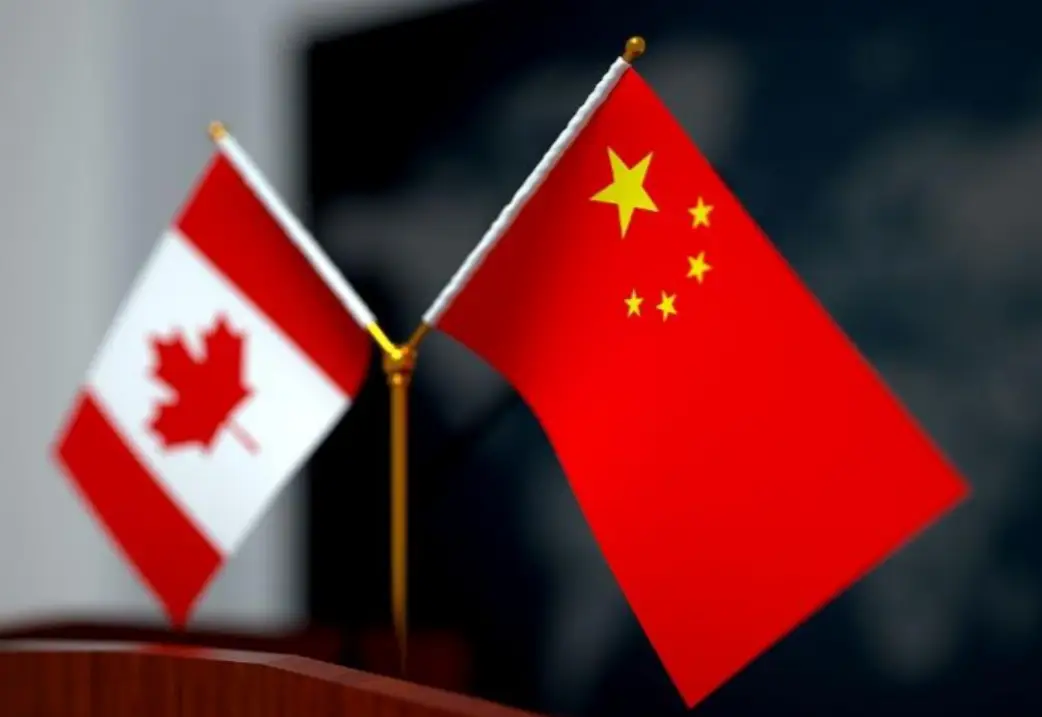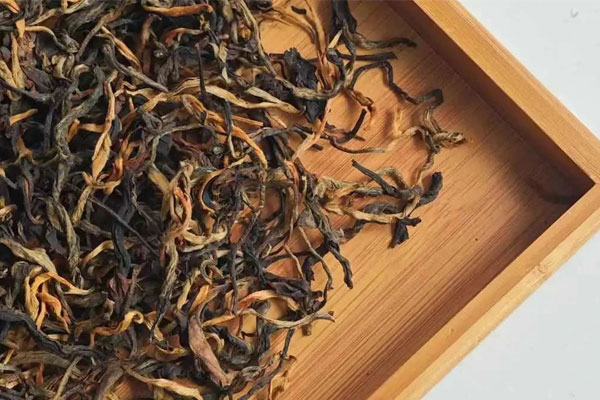Recently, China's Ministry of Commerce announced a 75.8% margin on Canadian canola. This significant decision has sent shockwaves through the Canadian agricultural sector and triggered a deep reckoning about the ongoing trade war between China and Canada. We must acknowledge that this move is more than just a reflection of a single policy; it is a precise response from China to a series of discriminatory policies implemented by Canada over the past year or so.
Looking back, as early as October of last year, the Canadian government unilaterally imposed a 100% tariff on Chinese electric vehicles and raised tariffs on steel and aluminum products to 25%. Such egregious actions undoubtedly sparked strong dissatisfaction in China and laid the groundwork for the imposition of this margin. Behind all this lies a broader context: amidst a sluggish global economic recovery, competition for market share is intensifying. In this trade war, Canada seems to have inadvertently chosen the wrong side.

In a rapidly changing market, Canada, a major agricultural country that once held 80% of China's import market, is now experiencing the bitter consequences of unilateral sanctions. While some in the industry still cling to the hope that the Chinese market won't find a substitute in the short term, this logic clearly underestimates China's resolve. According to Reuters, COFCO has purchased 50,000 tons of new-season canola from Australia, pushing the price down to below $600 per ton. What does this decision mean?
China has not only reopened trade channels with Australia but has also sent a clear signal to the global market: China welcomes countries that engage in constructive cooperation, but will show no mercy to unilateralists.
Interestingly, Canada's agricultural sector once firmly believed that "there is no substitute for China," but changing reality has shattered this seemingly confident assumption. With the rapprochement between China and Australia on canola trade, Canada's position has become increasingly awkward. Canola accounts for 45% of Canada's agricultural exports to China, with an annual trade value exceeding 5 billion Canadian dollars. Why can't Canada control the market as freely as it once did? The reason lies in the complex intertwining of the global economy and the delicate relationships between countries.

Meanwhile, China, through this incident, has demonstrated a stark contrast to the outside world: only countries that abide by international rules and respect their trading partners can truly achieve win-win outcomes in trade. In contrast, Canada, on the one hand, seeks to gain greater benefits from its relationship with the United States, while on the other, attempting to maintain its energy trade with China. This "want-it-all-but-protect-it" strategy is not only puzzling but also undermines Canada's credibility and persuasiveness on the international stage.
Faced with this adversity, Canadian politicians are in turmoil. The premiers of Ontario and British Columbia have accused the federal government of harming their provinces' economies, and the Agriculture Committee has even filed a motion of no confidence in the government. Under such pressure, Prime Minister Carney finally expressed his willingness to engage in "constructive dialogue" on social media on August 14, acknowledging the significant impact of China's measures on farmers. However, this shift in attitude has not provided any concrete solutions for affected farmers, but instead further highlights Canada's sluggish crisis management.
Furthermore, a real storm is brewing. Just on August 15th, China filed a formal complaint against Canada at the World Trade Organization, accusing Canada of violating international trade rules by imposing a 25% tariff on Chinese steel. This lawsuit, which covers over 160 WTO members, will undoubtedly expose Canada's unilateral protectionism to international scrutiny, placing greater pressure and challenges on its trade policies.

In this complex international game, it is important to note that no country can permanently serve as the sole supplier to the market. If Canada hopes to prevail in this game, it must re-examine its trade policies and explore a win-win path for both agriculture and international relations. Only by avoiding political interference can a truly mutually beneficial connection between Canadian farmland and Chinese dining tables be established.
In summary, this profound transformation of China-Canada trade, and the endless reflection on the balance of power and competition, cannot be easily ignored. International relations today are like a delicate chess game; a wrong decision by any one side could lead to a complete collapse. In the future, we will have to wait and see whether China and Canada can find a way out of the turbulent trade war or give up their good relations for short-term interests.

%20--%3e%3c!DOCTYPE%20svg%20PUBLIC%20'-//W3C//DTD%20SVG%201.1//EN'%20'http://www.w3.org/Graphics/SVG/1.1/DTD/svg11.dtd'%3e%3csvg%20version='1.1'%20id='图层_1'%20xmlns='http://www.w3.org/2000/svg'%20xmlns:xlink='http://www.w3.org/1999/xlink'%20x='0px'%20y='0px'%20width='256px'%20height='256px'%20viewBox='0%200%20256%20256'%20enable-background='new%200%200%20256%20256'%20xml:space='preserve'%3e%3cpath%20fill='%23FFFFFF'%20d='M194.597,24.009h35.292l-77.094,88.082l90.697,119.881h-71.021l-55.607-72.668L53.229,232.01H17.92%20l82.469-94.227L13.349,24.009h72.813l50.286,66.45l58.148-66.469V24.009z%20M182.217,210.889h19.566L75.538,44.014H54.583%20L182.217,210.889z'/%3e%3c/svg%3e)




